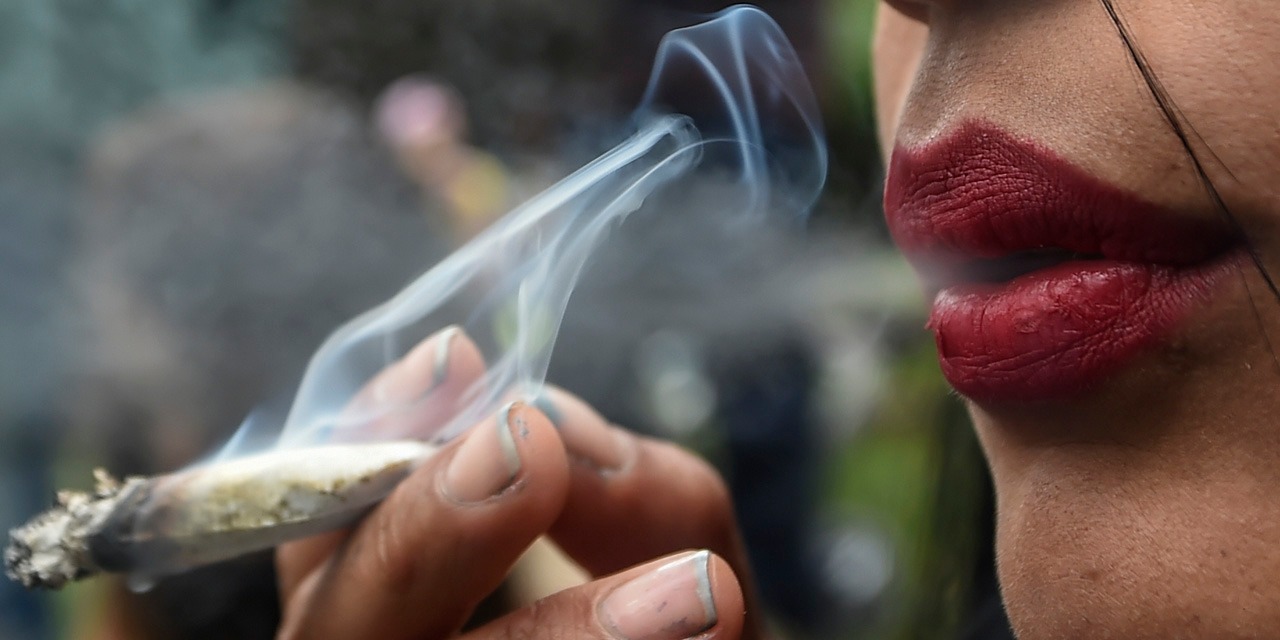This is one of the Prime Minister's announcements on Saturday in Nice: the generalization of the flat-rate fine for possession of narcotics. It allows users of cannabis or cocaine to be fined without going through justice. This measure, which has only been tested since June 17 in the jurisdiction of three courts, Rennes Reims and Créteil, is therefore generalized even before having proved its worth.
Five weeks of experimentation and too little consolidated feedback. The interlocutors of the different test areas requested by Europe 1 all replied that it was too early to draw conclusions. But according to our information, the several dozen procedures already listed have gone well and the system is easily usable by the police.
>> Find all the newspapers of the editorial staff of Europe 1 in replay and podcast here
A fine of 200 euros
This fine for possession of narcotics targets users, who by consuming participate in trafficking. Until now, it was necessary to place them in police custody and then to prosecute them for an often weak criminal response, as a reminder to the law. They are now directly liable to a fine of 200 euros. Only adults who admit to being in possession of cannabis, hashish or cocaine and who are not "regular" customers, known to the services, can enter the system.
Some police officers are already pleased that the feeling of impunity is receding, with fewer procedural steps to be completed on their part, but they recall that it is necessary to be equipped with the right computer terminals to issue a ticket.
A hit?
For the Syndicat de la magistrature, the announcements of Jean Castex, including the generalization of the flat-rate fine for possession of narcotics, were first made to make an impression, and do not necessarily respond to the demands of professionals. "We see a martial speech return to the front of the stage, which speaks to us of impunity, and of the need to strengthen an already present criminal response", annoys at the microphone of Europe 1 Katia Dubreuil, the president of the union of the judiciary.
"It is the resurgence of a penal populism that we had seen a little fade away for several years," she denounces. "The Prime Minister is in the communication. As he defends a policy which sets out again of the territories, he includes justice in this problematic one, without really worrying to know what justice needs", still laments this magistrate.

